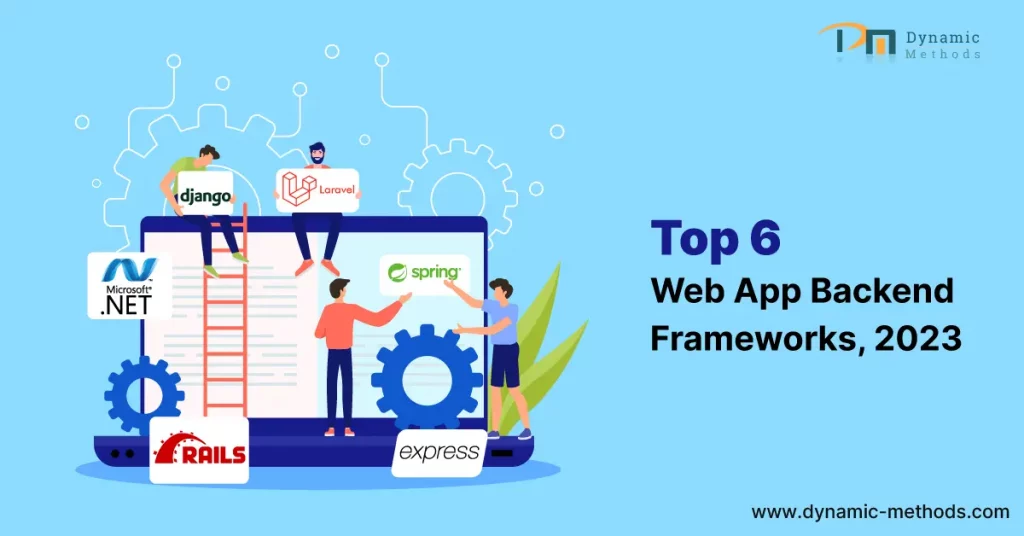
In the ever-evolving world of web app development, having a reliable backend framework is crucial for building robust and scalable applications. Backend frameworks provide developers with the necessary tools, libraries, and structure to streamline the development process. With numerous options available, it’s essential to choose the right backend framework that suits your project’s requirements. In this article, we will explore the six best backend frameworks for web app development in 2024.
Introduction
Backend frameworks serve as the foundation of web applications, handling server-side operations and facilitating seamless interaction with databases, APIs, and other components. These frameworks simplify the development process, allowing developers to focus on building core functionalities rather than reinventing the wheel. Let’s delve into the top backend frameworks that have gained significant popularity in 2024.
What Are Backend Frameworks?
Backend frameworks are software frameworks that provide a pre-built structure, libraries, and tools for developers to create server-side applications. They offer a standardized approach to handle common tasks, such as routing, database management, security, and more. Backend frameworks enable developers to write efficient and maintainable code, accelerating the development process and ensuring code scalability.
Why Are Backend Frameworks Important?
Backend frameworks offer several advantages that contribute to efficient web app development:
- 1. Rapid Development: Backend frameworks provide ready-to-use components and modules, reducing the time and effort required to build basic functionalities from scratch.
- 2. Scalability: These frameworks are designed to handle high traffic and data-intensive applications, ensuring scalability as your user base grows.
- 3. Security: Backend frameworks often include built-in security measures, protecting applications from common vulnerabilities and reducing the risk of data breaches.
- 4. Community Support: Popular backend frameworks have large and active communities, providing developers with access to resources, documentation, and community-driven plugins and extensions.
- 5. Code Reusability: Backend frameworks promote modular code development, allowing developers to reuse code across multiple projects and save time.
Criteria for Evaluating Backend Frameworks
When choosing a backend framework for web app development, consider the following factors:
- 1. Performance: : Evaluate the framework's performance metrics, including response time, scalability, and resource utilization.
- 2. Ease of Use: Consider the framework's learning curve and developer-friendly features that facilitate efficient development.
- 3. Community and Support: Assess the framework's community size, documentation quality, and availability of third-party libraries and plugins.
- 4. Flexibility and Extensibility: Determine the framework's ability to integrate with other technologies and accommodate project-specific requirements.
- 5. Security: Examine the framework's built-in security features, authentication mechanisms, and vulnerability mitigation strategies.
Now, let’s take a closer look at the six best backend frameworks for web app development in 2023:
1. Express.js
Express.js is a minimalistic and flexible Node.js framework widely used for building web applications and APIs. Its lightweight architecture allows developers to create scalable and high-performance applications.
Pros of Express.js:
- Easy to learn and use, making it ideal for beginners.
- Provides a wide range of middleware for added functionality.
- Supports a large number of plugins and extensions.
- Offers excellent performance and scalability.
Cons of Express.js:
- Lack of built-in features compared to other frameworks.
- Requires additional modules for complex functionalities.
- Asynchronous programming can lead to callback hell if not handled properly.
2. Django
Django is a high-level Python framework known for its robustness and scalability. It follows the Model-View-Controller (MVC) architectural pattern and provides an extensive set of tools and libraries.
Pros of Django:
- Offers a comprehensive admin interface for easy application management.
- Provides excellent security features by default.
- Simplifies database management with an Object-Relational Mapping (ORM) system.
- Supports rapid development with built-in authentication and templating.
Cons of Django:
- Learning curve for beginners may be steeper compared to other frameworks.
- Requires adherence to Django's conventions, limiting flexibility for unconventional projects.
- Not as suitable for small-scale applications due to its heavyweight nature.
3. Ruby on Rails
Ruby on Rails, also known as Rails, is a popular framework written in Ruby. It follows the Convention over Configuration (CoC) principle and emphasizes simplicity and productivity.
Pros of Ruby on Rails:
- Offers extensive libraries and gems that accelerate development
- Promotes the DRY (Don't Repeat Yourself) principle, reducing code duplication.
- Simplifies database management with ActiveRecord, an ORM system.
- Provides built-in support for testing and deployment.
Cons of Ruby on Rails:
- Limited scalability compared to some other frameworks.
- Ruby on Rails can be resource-intensive, requiring more server resources.
- Not ideal for projects with complex business logic or specific performance requirements.
4. Laravel
Laravel is a PHP web application framework known for its elegant syntax and developer-friendly approach. It prioritizes simplicity, readability, and efficient code organization.
Pros of Laravel:
- Offers a powerful ORM called Eloquent for database management.
- Provides a clean and expressive syntax, enhancing developer productivity.
- Includes a built-in template engine called Blade for efficient UI development
- Has a large and active community that contributes to its growth.
Cons of Laravel:
- Requires a solid understanding of PHP to utilize its full potential.
- Can be slower compared to some other PHP frameworks due to added abstractions.
- Limited scalability for extremely large-scale projects.
5. ASP.NET
Pros of ASP.NET:
- Offers seamless integration with other Microsoft technologies.
- Provides excellent performance, scalability, and security features.
- Supports rapid application development with drag-and-drop tools.
- Enables easy deployment on Microsoft Azure cloud platform.
Cons of ASP.NET:
- Limited cross-platform support compared to some other frameworks
- Learning curve for beginners can be steep, especially for non-Microsoft developers.
- Requires Windows-based hosting environments.
6. Spring Boot
Spring Boot is a Java-based framework designed to simplify the development of production-grade applications. It focuses on convention-over-configuration and provides a range of features for building robust and scalable applications.
Pros of Spring Boot:
- Offers a vast ecosystem of libraries and extensions.
- Supports seamless integration with other Spring projects.
- Provides built-in support for creating RESTful APIs and microservices.
- Offers excellent dependency management and application configuration.
Cons of Spring Boot:
- Requires a solid understanding of Java and Spring concepts.
- Initial setup and configuration may be more complex compared to other frameworks.
- Requires careful consideration of application architecture for optimal performance.
- Offers excellent dependency management and application configuration.
Conclusion
In conclusion, choosing the right backend framework for web app development is crucial for creating efficient, scalable, and maintainable applications. The six frameworks mentioned in this article—Express.js, Django, Ruby on Rails, Laravel, ASP.NET, and Spring Boot—offer unique features and cater to different programming languages. Consider your project requirements, the development team’s expertise, scalability needs, and community support when making a decision. Ultimately, selecting the appropriate backend framework will greatly impact the success and efficiency of your web application development process.
Ready to take your web app development to the next level? Contact us today to discuss your project requirements and let our experienced team help you build a cutting-edge web application.
FAQs
1. Which backend framework is best for beginners?
For beginners, Express.js and Django are great options. Express.js has a minimalistic and straightforward approach, making it easy to learn and use. Django, on the other hand, provides excellent documentation and a comprehensive admin interface, simplifying the development process
2. Which backend framework is suitable for large-scale applications?
ASP.NET and Spring Boot are well-suited for large-scale applications. ASP.NET offers robust performance, scalability, and seamless integration with other Microsoft technologies. Spring Boot provides extensive support for building microservices and offers a range of features for developing enterprise-grade applications.
3. Can I use Ruby on Rails for small-scale projects?
Ruby on Rails is suitable for both small-scale and large-scale projects. However, it may not be the most lightweight option for small-scale applications due to its resource requirements. Consider the project’s specific needs and your team’s expertise when making a decision.
4. Which backend framework is best for PHP development?
Laravel is widely regarded as one of the best backend frameworks for PHP development. It offers an elegant syntax, efficient code organization, and a powerful ORM system called Eloquent. Laravel’s active community also contributes to its growth and provides valuable resources for developers.
5. Is Spring Boot only for Java development?
Yes, Spring Boot is specifically designed for Java development. It leverages the Spring ecosystem and provides a range of features for creating Java-based applications. If you prefer Java as your programming language, Spring Boot is an excellent choice for backend development.



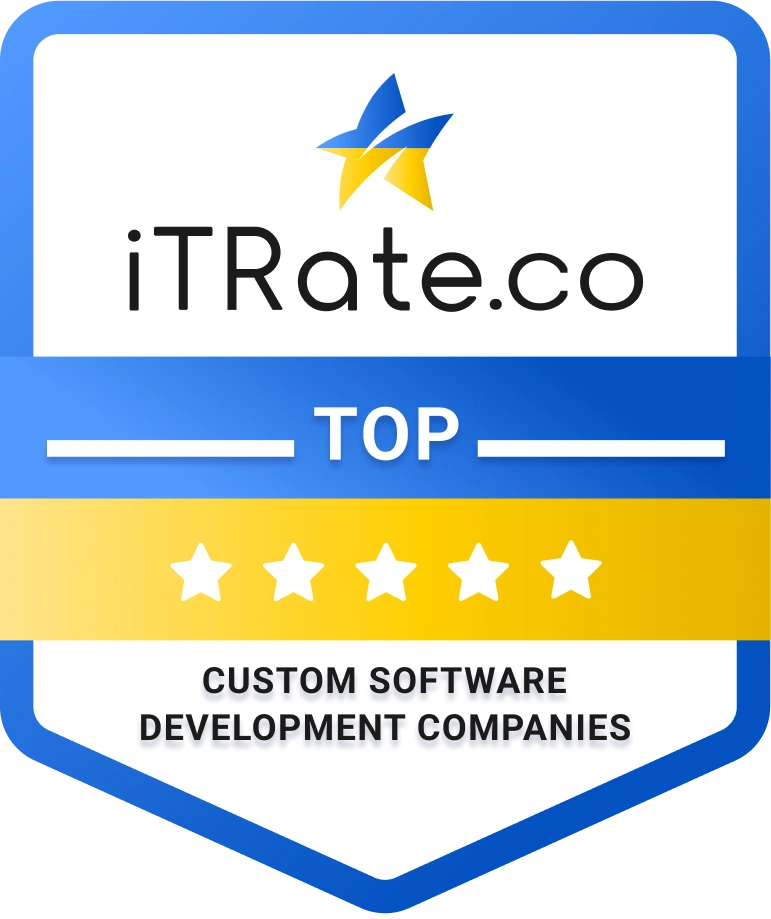
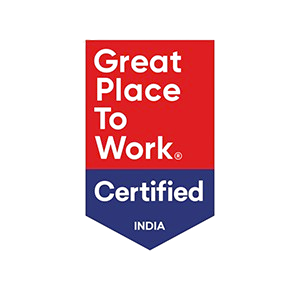


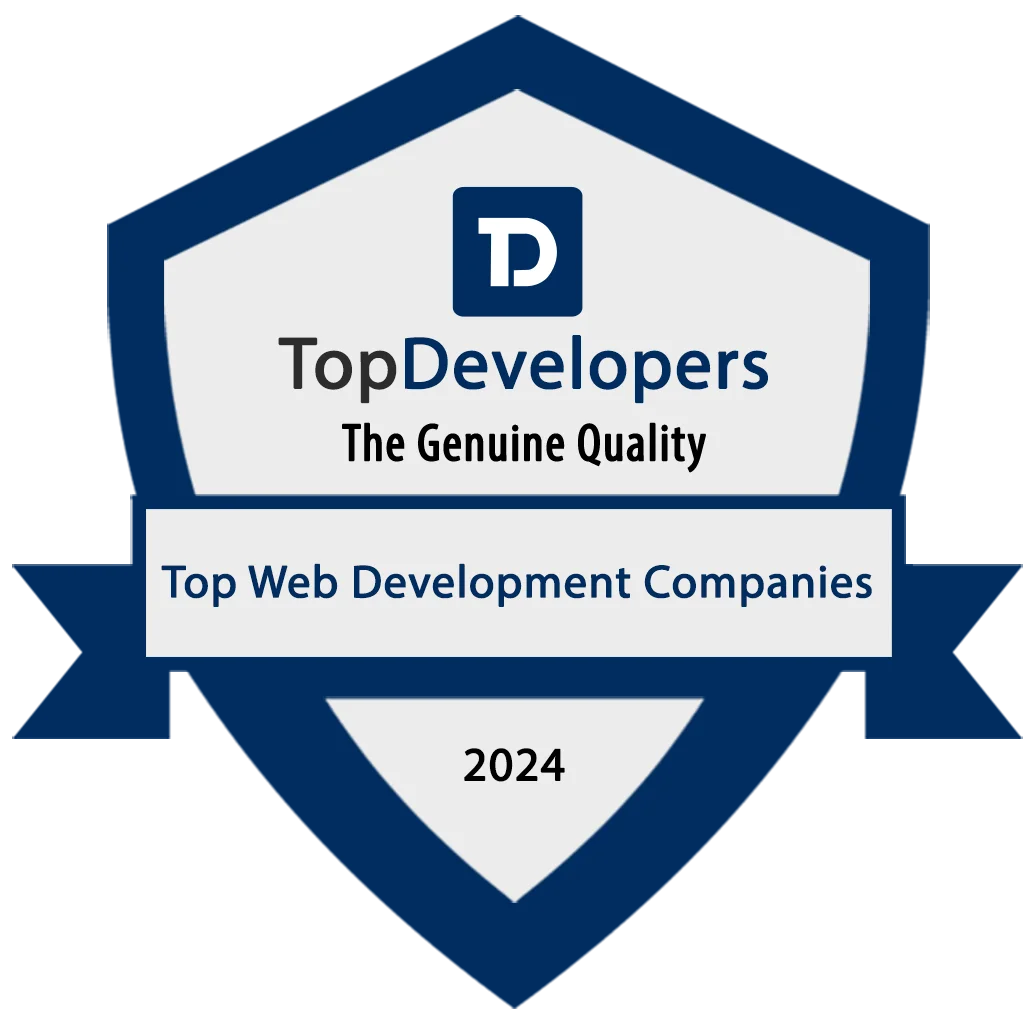
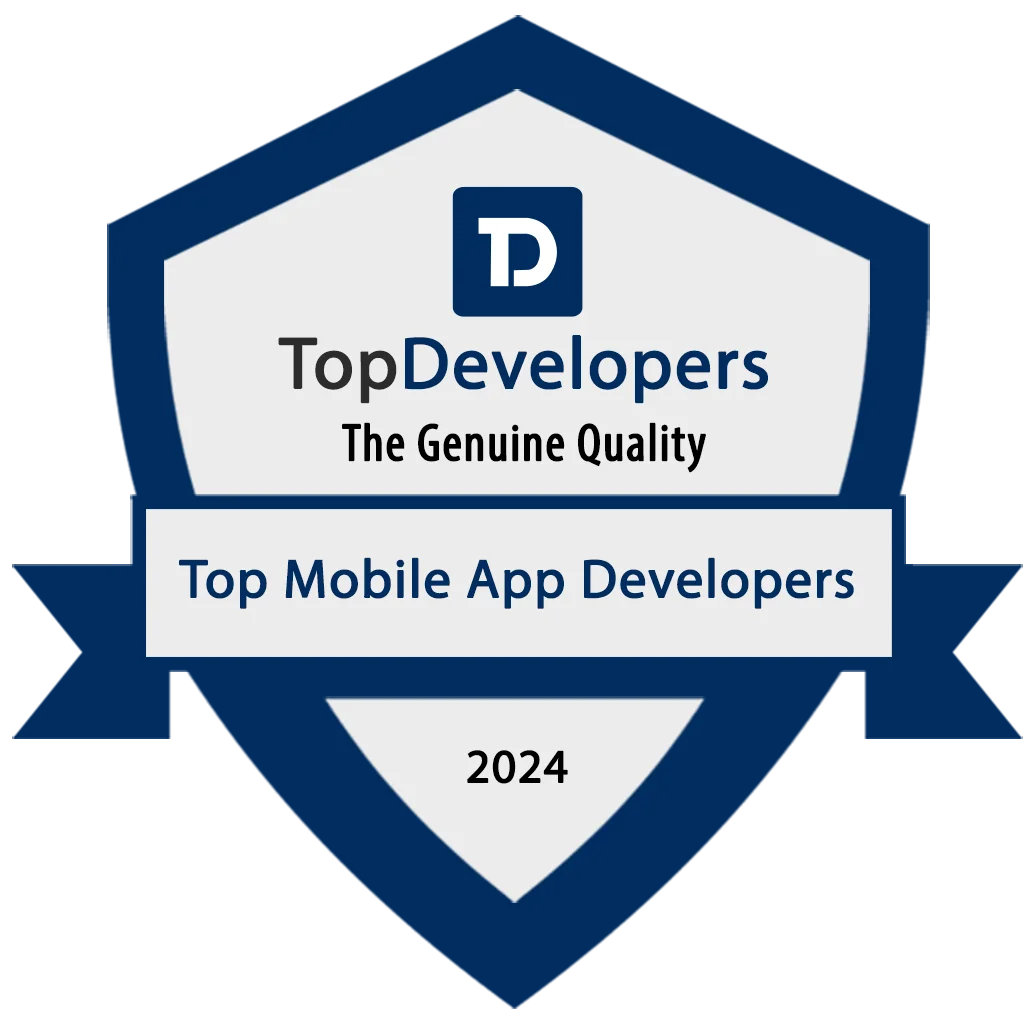



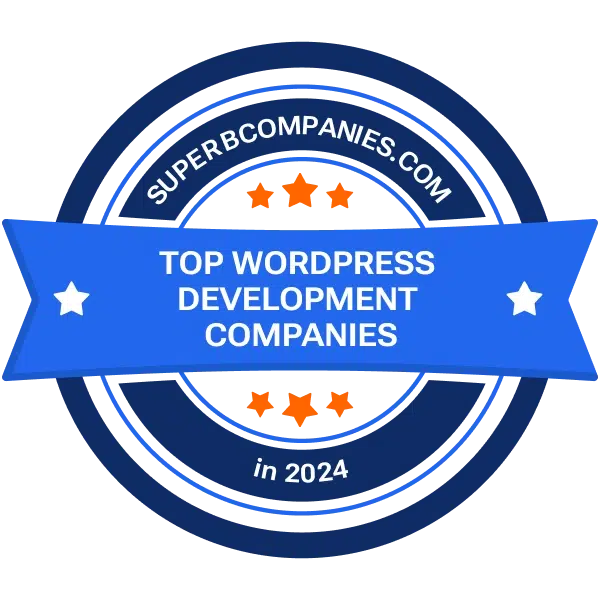
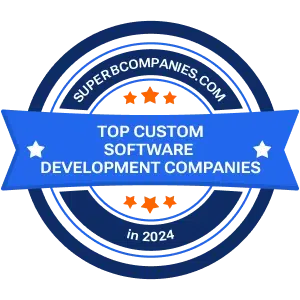

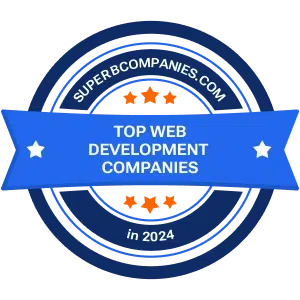




Thanks for sharing. I read many of your blog posts, cool, your blog is very good.
Thank you for your kind words and reading the blog post! I’m glad you found them interesting. If there’s a specific topic you’re curious about or have any questions, don’t hesitate to ask. Your feedback is greatly appreciated!
Your article helped me a lot, is there any more related content? Thanks!
I’m glad to hear that the article was helpful! For more related content, you can check out these topics on my blog section.
Your insights are a major contribution to this field. Thanks for such an enlightening article.
Your insights are a major contribution to this field. Thanks for such an enlightening article.
I don’t think the title of your article matches the content lol. Just kidding, mainly because I had some doubts after reading the article.
Thanks for the humor and feedback! I’d be happy to help with any doubts you have. Could you specify which parts of the article were unclear?
Your article helped me a lot, is there any more related content? Thanks!
I’m glad to hear the article was helpful! Yes, we have more related content on this topic. Feel free to explore other posts on our blog, and let me know if you have any specific questions!
Your article helped me a lot, is there any more related content? Thanks!
I’m glad to hear the article was helpful! Yes, there are more related posts on this topic. Feel free to check them out on our blog, and let me know if you have any specific questions!
Your point of view caught my eye and was very interesting. Thanks. I have a question for you.
Thank you for your feedback! I’m glad you found the perspective interesting. What’s your question? I’d be happy to help.
Can you be more specific about the content of your article? After reading it, I still have some doubts. Hope you can help me.
Thank you for reaching out! Please let me know the specific points you’re unsure about, and I’ll be happy to clarify them.
I don’t think the title of your article matches the content lol. Just kidding, mainly because I had some doubts after reading the article.
Thanks for the feedback! If you have specific doubts, feel free to share them, and I’ll be happy to clarify.
Thanks for sharing. I read many of your blog posts, cool, your blog is very good.
Thank you! I’m glad the post offered a fresh perspective.
Thank you! I’m glad you’re enjoying the blog.